Photo credits: The Bettman Archive/Getty Images
On December 1, 1862, then-U.S. President Abraham Lincoln (R) delivered his Second Annual Message to the U.S. Congress.
In this historic speech, which has been preserved by the National Archives for nearly 160 years, the 16th President of the United States dutifully behooved his colleagues in the U.S. Senate and U.S. House of Representatives.
Though Lincoln wrote the Second Annual Message himself, he did not read it out loud before the Congress. At that time, it was procedurally customary for the U.S. Senate’s Secretary to read the president’s address and quote his initiatives affirmatively before both congressional chambers.
At this point in history, Lincoln’s main goal was to boost morale in the U.S. government after the nation had just experienced the battle at Antietam. This was a military confrontation that is widely considered to be the bloodiest showdown of America’s Civil War.
Another order of business laid out by Lincoln in his Second Annual Message was a compensatory process, which involved providing federal bonds to choice U.S. states. These economy-sized bonds, however, would only be paid out to U.S. states that totally outlawed the slavery of Blacks before 1900.
“Every State wherein slavery now exists which shall abolish the same therein at any time or times before the 1st day of January., A.D. 1900, shall receive compensation from the United States as follows, to wit,” Lincoln proposed.
“The President of the United States shall deliver to every such State bonds of the United States bearing interest at the rate of per cent per annum to an amount equal to the aggregate sum of____for each slave shown to have been therein by the Eighth Census of the United States,” the address also reads.
“Said bonds to be delivered to such State by installments or in one parcel at the completion of the abolishment,” Lincoln added.
One month later, on January 1, 1863, Lincoln’s famous “Emancipation Proclamation” speech was delivered, which according to legend, set the stage for legally ending the chattel slavery of Blacks in America.
Though Lincoln has been placed by mainstream American historians on “the right side of history,” his indomitable reluctance to politically play a role in outlawing “the peculiar institution” is also well known.
Both Union and Confederate states continued to systemically dehumanize Blacks in other ways long after chattel slavery was outlawed. The stiff reluctance of Lincoln persists to this day in the U.S.
As Black American abolitionist Frederick Douglass (pictured below) once famously wrote:

Read Lincoln’s entire Second Annual Message of 1862 here.












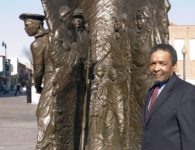

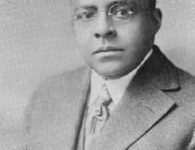
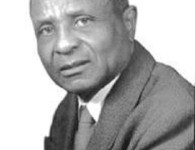

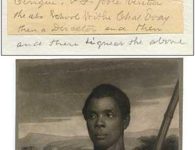
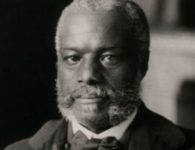
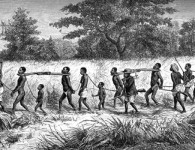

No comments